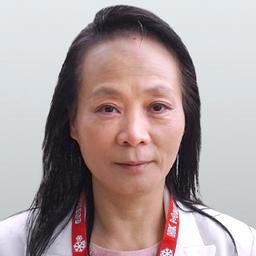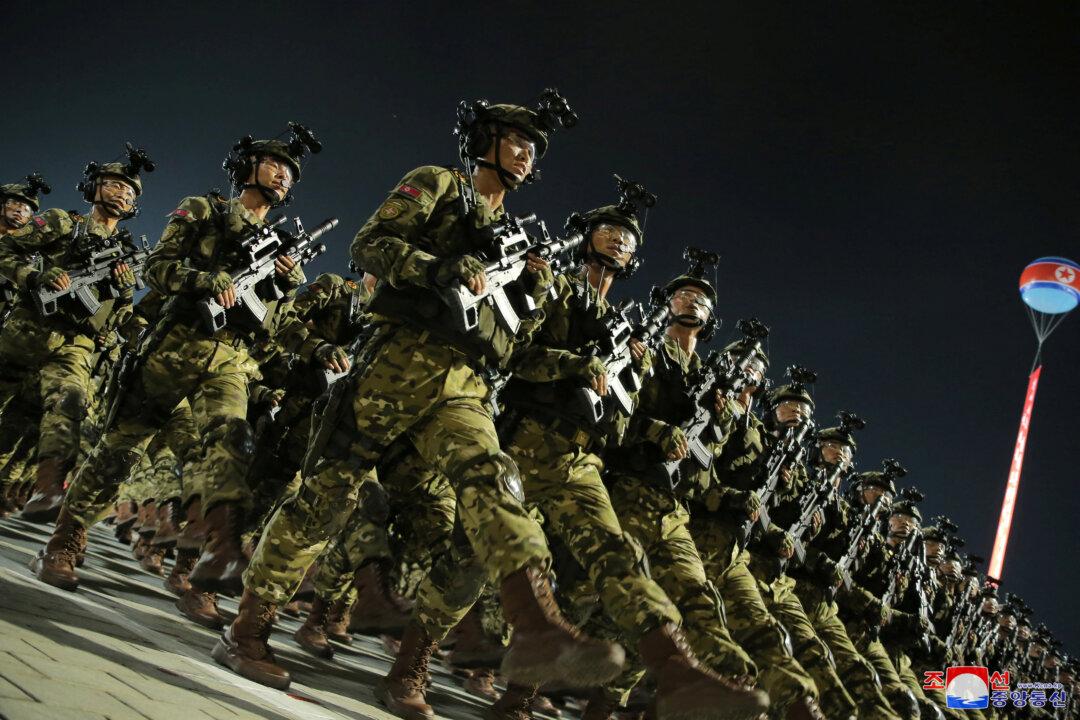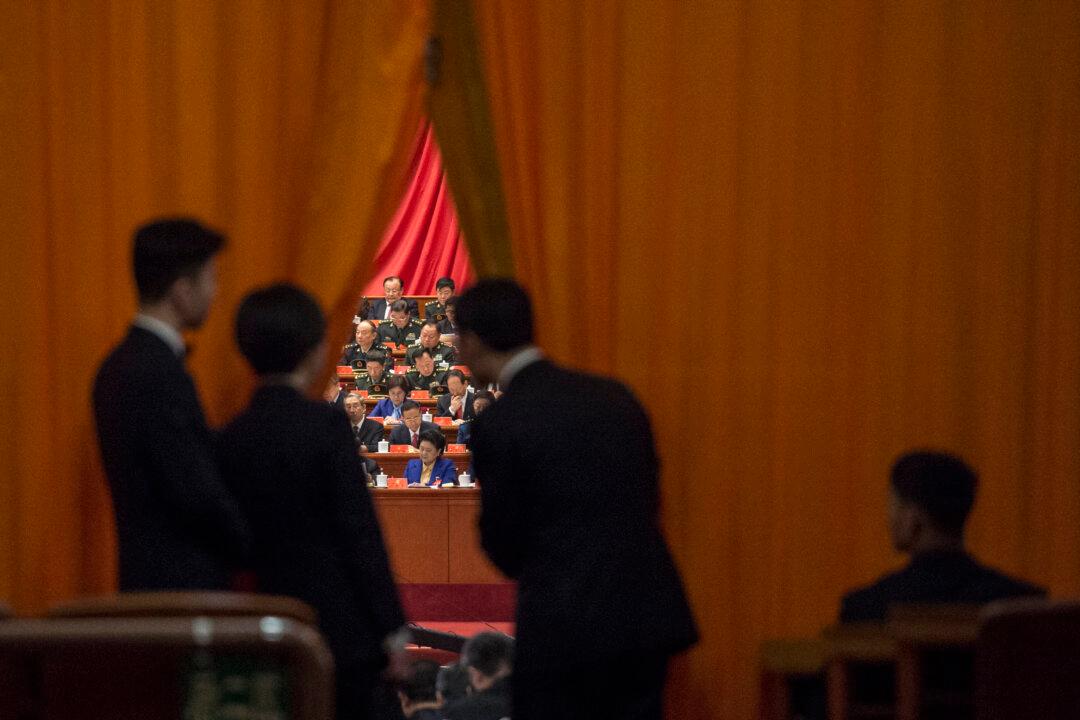The first thing Chinese human rights lawyer Wang Yu did after being released from more than a year in detention was give an exclusive video interview to denounce her former employers, disown her legal work, and turn down a human rights award presented to her by a United States professional organization.
“I am Chinese. I only accept the leadership of the Chinese government. I don’t accept the award now and won’t accept it in the future,” she said.

But Wang’s defense lawyer says that she remains uncontactable despite being freed on bail. Wang’s supporters say that her uncharacteristic comments meant that she was compelled to partake in one of the oldest traditions of the Chinese Communist Party—the forced confession.
On Aug. 1, Oriental Daily, a Hong Kong newspaper that often acts as a conduit for Beijing, announced Wang’s freedom and published a video interview with her. Wide angle shots of the three-minute video, which was supposedly filmed at a restaurant in Tianjin, showed Wang seating in a rigid posture some distance away. Her sentences were clipped, her voice bereft of emotion.
“The Wang Yu seen in the video clip is drastically different from what she used to be like — articulate and eloquent,” the Hong Kong-based China Human Rights Lawyers Concern Group said in a statement.
Supporters of Wang Yu say they haven’t seen her in person or communicated with her since July 2015. Then, Chinese security forces suddenly arrested and detained two dozen human rights lawyers and activists, including Wang Yu and her husband Bao Longjun, while over 200 others were questioned.
“It’s obviously too soon to analyze with confidence but it sounds like another of the curious deals that are being struck between PRC oppressors and courageous but hapless human rights victims,” wrote Jerome A. Cohen, director of the U.S.-Asia Law Institute and law professor at New York University, in his personal blog.
Such deals often involve the welfare of “spouses, children, parents, lovers… as well as the target, whose captivity and torture are at stake,” Cohen wrote.
In October 2015, Bao Zhuoxuan, the teenage son of Wang Yu, tried to escape to the United States with help of two Chinese activists. They were intercepted and abducted in Burma, before being returned to China. Bao remains under house arrest in his grandmother’s home in Inner Mongolia.
This January, the Chinese regime formally arrested Wang Yu on suspicion of “subversion of state power,” a serious charge that could lead to life imprisonment. Wang’s husband Bao Longjun, an activist, faces a less serious subversion charge.
“Wang Yu has suffered immense pressure since her arrest on July 9 last year, and she still hasn’t met with her lawyer or her family,” said Teng Biao, a prominent Chinese human rights lawyer in exile and a visiting fellow at New York University’s U.S.-Asia Law Institute, in an interview with Radio Free Asia.
Teng added: “All public information about Wang has come from China Central Television or Oriental Daily. One thing is certain—what she is expressing now is completely different from the sort of human rights and legal work she pursued before July 9 [last year].”
Writing in an online chat session, human rights lawyer Cai Ying said that even a strong-willed person like Wang Yu could give a forced confession after facing over a year of “living in death-like despair.”
“I was detained once,” Beijing-based human rights lawyer Yu Wensheng told Epoch Times. “The hardships I had to endure were difficult to bear.” In 2014, Yu was detained for 99 days and subjected to about 200 interrogations. Police officers meted out torture so painful that Yu felt like he “didn’t want to live,” he told Amnesty International.
Since its earliest years as an insurrectionary political group, and after seizing power, the Chinese Communist Party has used forced confessions as a tool of political control.
In the mid-1950s, former Nationalist officials, intellectuals, or wayward Party cadres attending “study sessions” were placed in a controlled environment that had an effect “similar to what George Orwell so brilliantly envisioned in his novel, Nineteen Eighty-Four,” wrote former Harvard psychiatrist Robert J. Lifton in a seminal 1956 study.
Party cadres would later extract confessions by making those undergoing “thought reform” feel guilt or shame.
In the Communist Party’s later revolutionary campaigns “class enemies,” and those designated as “counterrevolutionaries,” had to issue humiliating confessions often after brutal rounds of abuse. They were forced to make false acknowledgements of their supposed desire to bring down the Party, as well as their repentance for harboring such dark desires.





